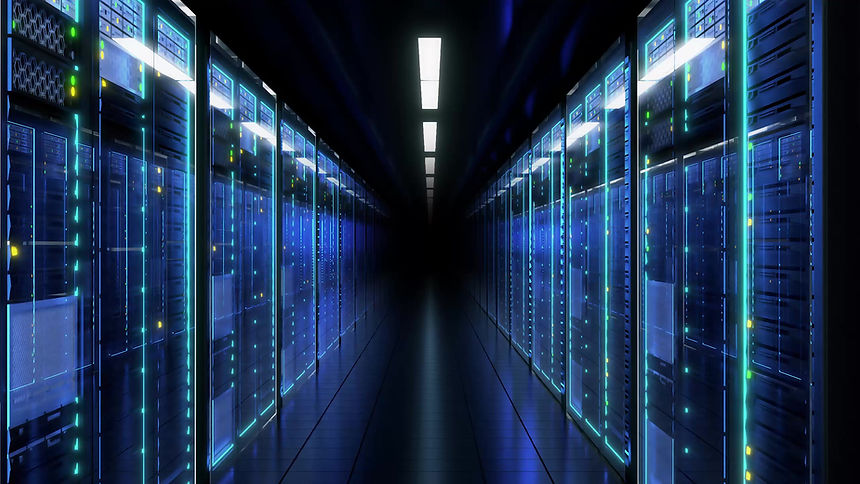Cognitive K.i.

Single Agent System
Signal Agent" refers to a virtual assistant, powered by artificial intelligence, that uses voice applications to create personalized customer service experiences, understand customer intent, and perform actions like setting up calendar invites or sending text messages
Single Agent System
k.i. - Single Agent System
Single-agent systems represent a foundational concept in artificial intelligence (AI). They refer to a model in which a solitary agent operates within an environment to achieve specific objectives. Unlike multi-agent systems, which involve multiple interacting agents, single-agent systems focus on the decision-making capabilities of one autonomous entity. This simplified framework enables the exploration of various algorithms and strategies, facilitating the development of a deeper understanding of agent behavior in complex environments.
At the heart of a single-agent system is the agent itself, which can be defined as any entity capable of perceiving its environment through sensors and acting upon it through actuators. Typically, the agent encompasses an array of components, including a perceptual mechanism to gather information, a decision-making process to interpret this data, and an action process that enables the agent to interact with its surroundings. The primary objective of the single agent is to maximize a predefined performance measure while adapting to changes in its environment.
The operation of a single-agent system can be effectively understood through the framework of the perceive-act cycle. The agent first perceives its environment, collecting data that informs its understanding of the current state. This information is then processed through algorithms designed to evaluate potential actions. Depending on the complexity of the task, the decision-making process may involve planning, learning, or applying heuristic techniques. Finally, the agent acts upon the environment, executing the selected action and initiating the cycle anew.
Single-agent systems are prevalent in various applications, from robotics to game theory. In a robotic context, for example, a robot may navigate a room, using sensors to detect obstacles while employing algorithms to determine the best path forward. In video games, a single AI-controlled character makes strategic decisions in real time based on assessments of the game environment. The efficiency and effectiveness of these agents are often evaluated against benchmarks, ensuring that improvements in algorithms lead to better performance outcomes.

